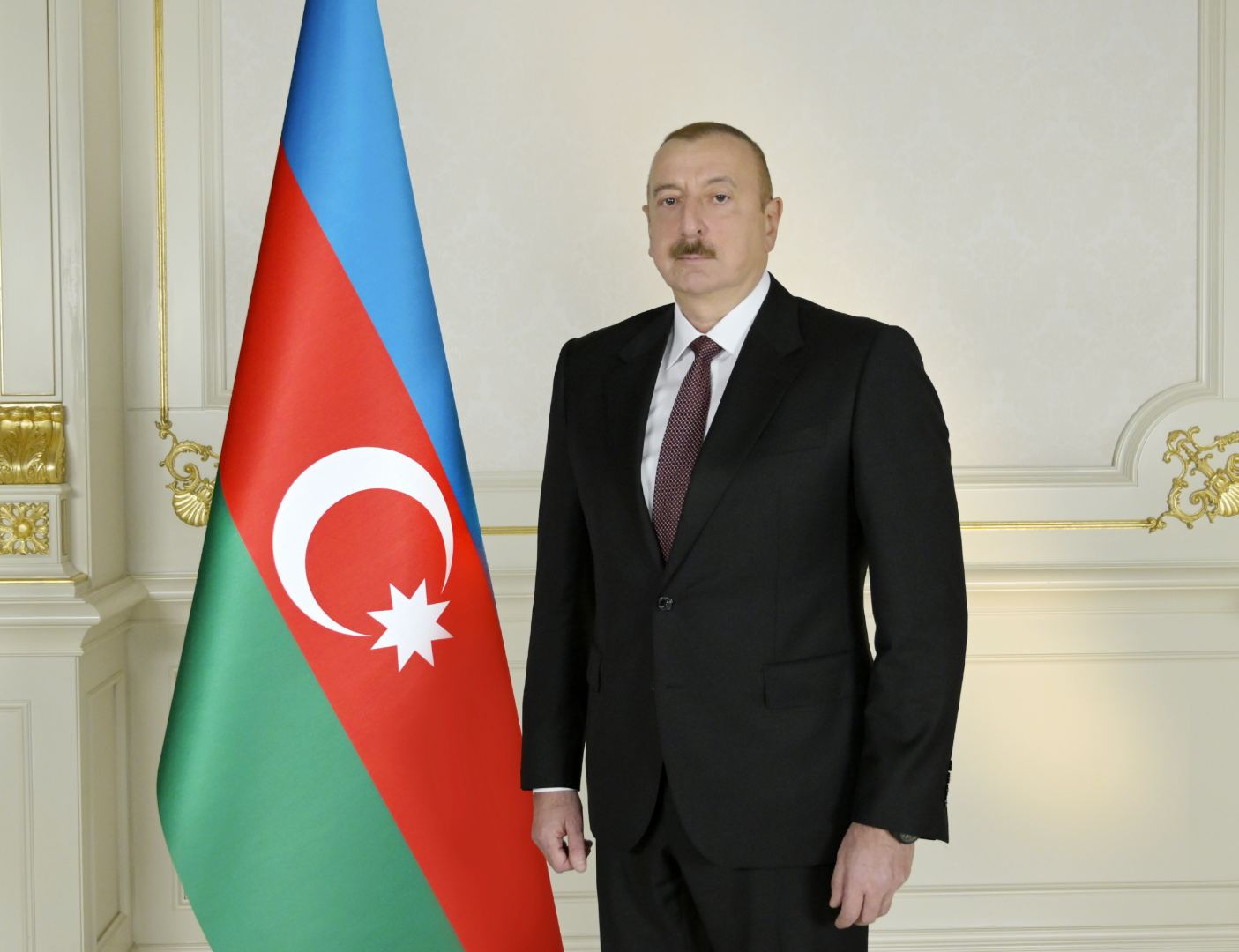BAKU, Azerbaijan, April 26. A telephone conversation took place between Minister of Foreign Affairs of the Republic of Azerbaijan Jeyhun Bayramov and Minister of Foreign Affairs of Armenia Ararat Mirzoyan, Trend reports.
The ministers had an exchange of views as a follow-up to the agreements reached at the level of the leaders of both states.
Thus, the sides agreed on parameters of the participants in the Joint Border Commission. It was agreed to convene the meetings of the Joint Border Commission, as well as Working Group on preparation of a peace treaty, in near future. The sides also discussed the issues related to continuation of steps in humanitarian sphere.
The victory achieved in the second Karabakh war under the leadership of Azerbaijan's President Ilham Aliyev, created new realities in South Caucasus that Armenia has to put up with. The agreements reached between the foreign ministers of the two countries can be seen as a result of the acceptance of these realities.
The agreement has become a logical step after the Brussels meeting between Azerbaijani and Armenian leaders.
Commenting on the fact, Director of the Institute of Peace and Diplomatic Studies, Pakistani political analyst Muhammad Asif Noor told Trend that the telephone conversation between Azerbaijani and Armenian Foreign Ministers was a significant step forward in establishing a peace and stability in the region.
According to him, this is the third time that both sides are negotiating supported by the international actors.
"During this talk both sides agreed on parameters of the participants in the Joint Border Commission. This agreement on finding a common ground in the Commission is a significant step forward," Noor said.
He pointed out that the second important agreement is about the Working Groups that will work together on a peace treaty in the near future.
In his words, since the war ended, work has been done on the confidence-building measures to develop the bilateral understanding.
"The formation of the Joint Border Commission will help resolve issues of ensuring security and stability along the border," the expert said.
As for Azerbaijan's policy, Noor emphasized that the country has never been hostile, and the war it fought was the imposition by Armenia.
"After the ceasefire, Azerbaijan is busy restoring the damaged infrastructure, which reflects Azerbaijan's desire to avoid conflict and promote peace. It reflects the attention and intentions of Azerbaijan as a peace-loving country," he said.
"In my opinion, much more seriousness and commitment is required from Armenia in order to advance the peace process, since Azerbaijan has reflected its commitment and is ready to build peace in the region," he concluded.
In turn, Editor of Pakistan in the World magazine Tazeen Akhtar told Trend that it was certainly heartening to note that both countries were continuously keeping in touch to give peace a chance.
"The high level agreement on formation of Joint Border Commission and the establishment of Working Group for Peace Treaty are no doubt a ray of hope that the two neighbors are moving forward onto building bridges," Akhtar said.
He outlined the fact that Azerbaijan has always strived for peace and stability in the region, while history shows that Armenia has continuously violated the agreements in the past.
"For example Armenia was supposed to share the mining maps of Azerbaijan’s liberated territories but deviated from its words. Later Azerbaijan had to bear losses of precious lives of military and civil even after the end of the war. Azerbaijan has always stood for peace with the neighbor and the same is expected from Armenia in turn," he pointed out.
Akhtar added that the consensus reached between two foreign ministers is another light at the end of the dark tunnel.
"Azerbaijan has always been sincere in its peace efforts either they were bilateral or international. This time, we hope and look forward that Armenia will also contribute to the establishment of peaceful relations between the two countries," he concluded.







